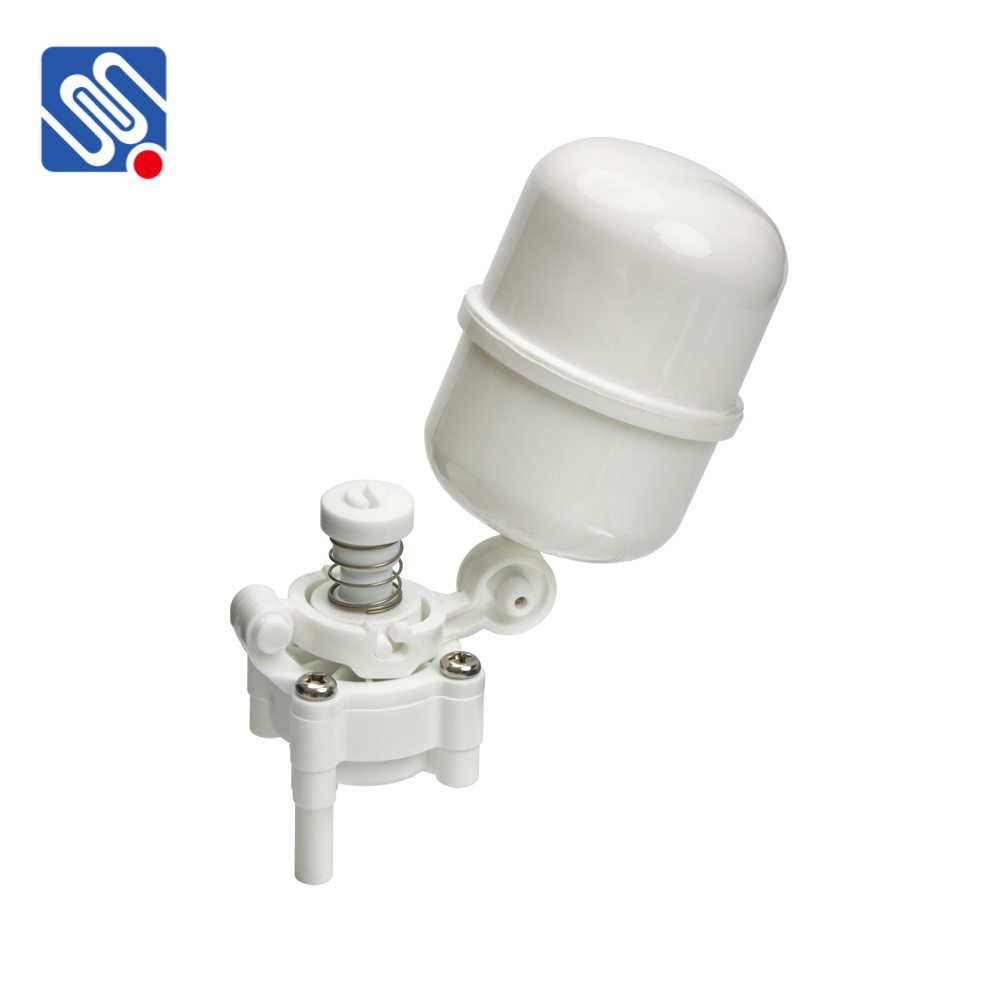plastic valve for water systems: a reliable solution for modern infrastructure
Release time:2025-05-01 02:54:02
Plastic valves have become a cornerstone in the design and construction of water systems worldwide. As the demand for cost-effective, durable, and reliable components continues to rise, plastic valves have emerged as a preferred choice in many industries, including residential, commercial, and industrial water distribution systems. This article explores the advantages of plastic valves for water systems, their applications, and why they are considered a superior alternative to traditional metal valves.

What Are Plastic Valves?
Plastic valves are devices made from synthetic materials such as PVC (Polyvinyl Chloride), CPVC (Chlorinated Polyvinyl Chloride), PP (Polypropylene), and PVDF (Polyvinylidene Fluoride). These valves are used to control the flow of water and other liquids in a piping system. Plastic valves come in various types, including ball valves, gate valves, globe valves, check valves, and butterfly valves. Each type is designed to suit specific needs in different water system applications.
Advantages of Plastic Valves for Water Systems
1. Corrosion Resistance
One of the key benefits of using plastic valves in water systems is their resistance to corrosion. Unlike metal valves, which can rust and degrade over time due to exposure to water and environmental factors, plastic valves are highly resistant to corrosion. This makes them ideal for use in water systems, particularly in areas with high moisture or where chemical exposure is common.

